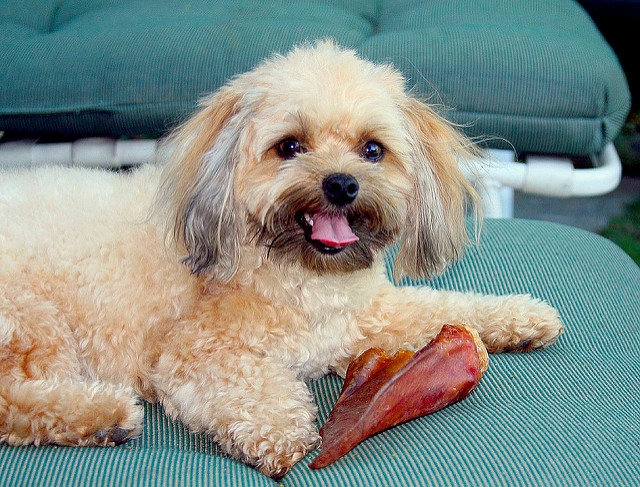-
Tips for becoming a good boxer - November 6, 2020
-
7 expert tips for making your hens night a memorable one - November 6, 2020
-
5 reasons to host your Christmas party on a cruise boat - November 6, 2020
-
What to do when you’re charged with a crime - November 6, 2020
-
Should you get one or multiple dogs? Here’s all you need to know - November 3, 2020
-
A Guide: How to Build Your Very Own Magic Mirror - February 14, 2019
-
Our Top Inspirational Baseball Stars - November 24, 2018
-
Five Tech Tools That Will Help You Turn Your Blog into a Business - November 24, 2018
-
How to Indulge on Vacation without Expanding Your Waist - November 9, 2018
-
5 Strategies for Businesses to Appeal to Today’s Increasingly Mobile-Crazed Customers - November 9, 2018
A dog’s dilemma: Do canine’s prefer praise or food?
The study – published in the journal Social, Cognitive and Affective Neuroscience – is among the first to explore dogs’ reward preferences by combining brain imaging and behavioral experiments, according to Emory.
Advertisement
In thefirst-of-its-kind study, researchers studied behavior of about 15 dogs, and concluded that the canine values its relationship with owner more than a treat. When each of the dogs was shown a toy horse, however, they received praise and affection from their owners.
A dog is one of the best animals you can have around.
“One theory about dogs is that they are primarily Pavlovian machines: they just want food, and their owners are simply the means to get it”.
However, the current view is more than the dog’s desire for food.
The Dog Project in Emory’s Department of Psychology which is headed by Dr. Berns, trained dogs to voluntarily enter a functional magnetic resonance imaging (fMRI) scanner and remain motionless during scanning, without restraint or sedation.
Using the results of the latest experiment, the team at the Dog Project will be able to conduct more complicated research into the canine brain. The more a dog gazes into a human’s eyes, the more pleasure and happiness it experiences. Four dogs showed a particularly strong response to the blue toy knight. It seems that praise is important for dogs. Berns, the author of “How Dogs Love Us: A Neuroscientist and His Adopted Dog Decode the Brain”, talked to dozens of dog owners in the Atlanta area and persuaded some to have their pooch’s brains scanned. Every dog had to go into the MRI and stay in a down position for three, 10-minute scans.
“The results of the new studyhave suggested that the stronger neural stimulus spotted on the brain scans does affect the way the dogs will behave”, said the researchers in a statement. 13 out of the 15 dogs showed a tendency to run to their owner over a bowl of food.
In the early 1900s, psychologist Ivan Pavlov trained dogs to associated food with a stimulus, like a bell.
We do not know for sure if dogs prefer affection or food.
Then, in a behavioral test, each dog was tested with a Y-shaped maze in a room. Mental Floss reports that a documentary found that when dogs interact with their owners, they release the hormone oxytocin, known as the “love hormone”.
But the findings may come in useful for hard-working dogs, as well.
Moreover, researchers found that dogs responded to the maze similarly to how they responded to the toy association experiment, which led them to conclude that dogs have individual personalities shaping their responses to stimuli. Interestingly, dogs with the strongest neural response to praise chose to go to their owners 80 to 90 percent of the time.
Advertisement
Due to the fact that in most situations owners prefer to train their dog using a mixture of treats and social rewards, it was hard for scientists to differentiate between the two and single out the one that makes the pet happier.





























